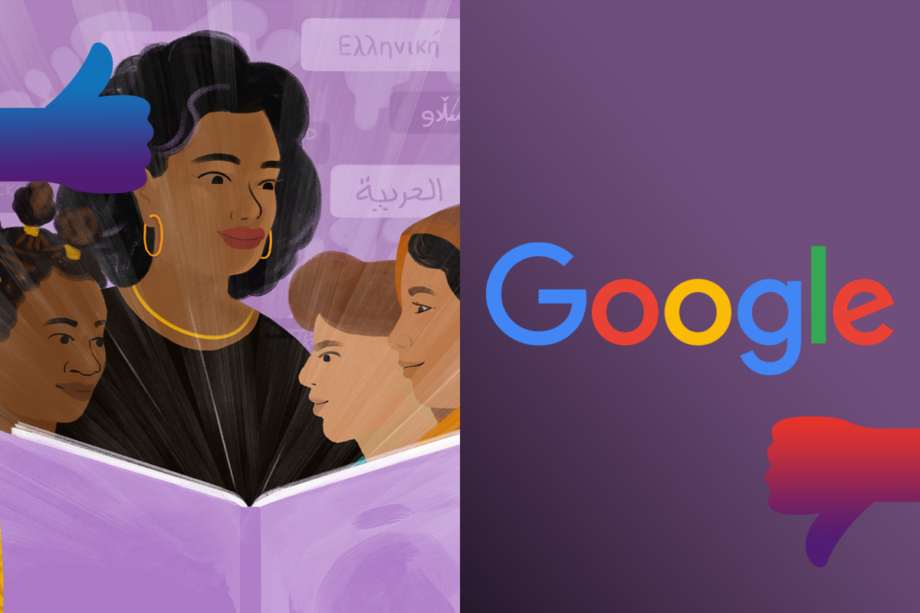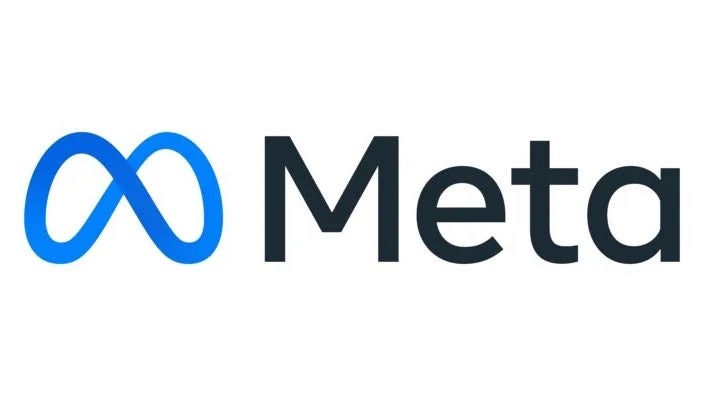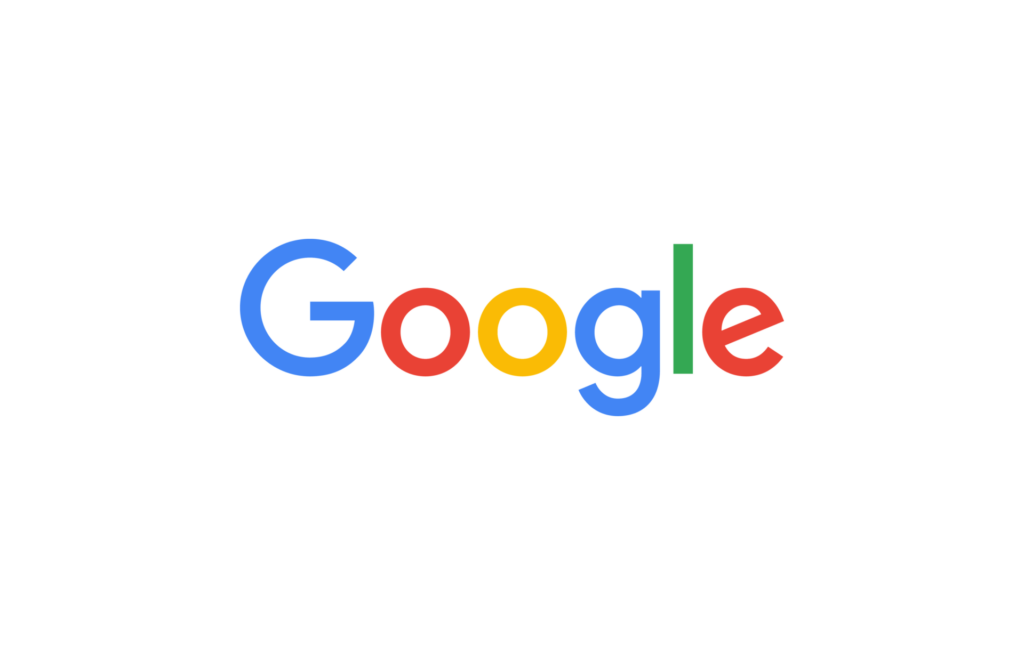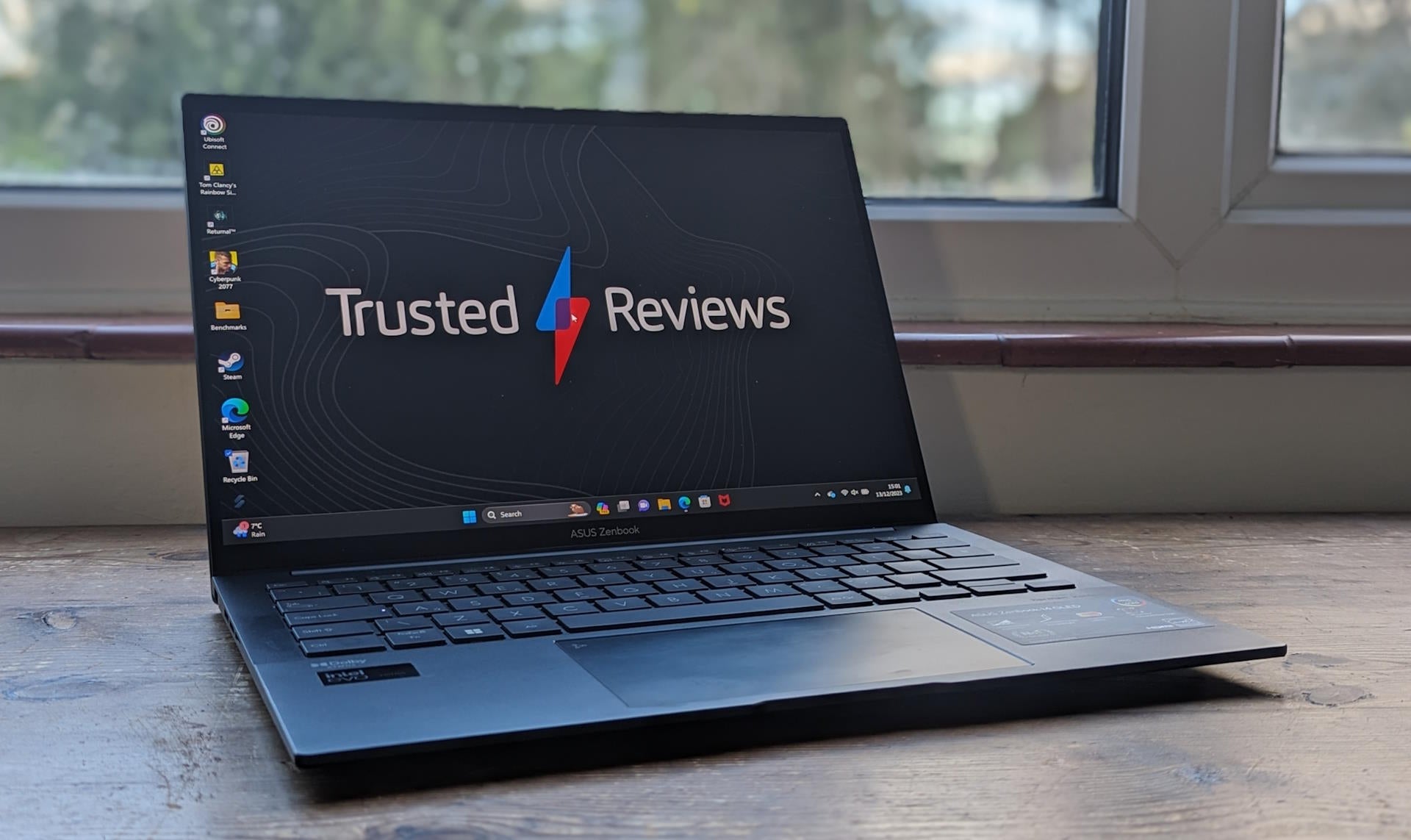Winners and Losers: Meta improves translations as Big Tech is hit with new EU laws

OPINION: It’s Sunday, meaning it’s time for us to crown this week’s winner and loser.
This week saw Apple finally announce a release date for the MacBook Air M2, OnePlus tipped for a stand-alone Nord brand, and plenty of news surrounding smartwatches and fitness trackers. We heard more rumours regarding a rugged Apple Watch, the Galaxy Watch 5 and 5 Pro designs leak and an expert give their view on the future of wearables when it comes to health monitoring features.
Scroll down to discover our winner and loser for this week…

Winner: Meta
Our winner this week is Meta after the company announced it had created an AI model capable of translating 200 different languages.
The AI model – called NLLB-200 – has been developed as part as Meta’s No Language Left Behind (NLLB) project, which aims to address the large number of languages that have previously been neglected by AI translators.
NLLB-200 is capable of translating 200 languages with 44% higher accuracy than past AI research. That figure shoots up to 70% when faced with specific African and Indian languages where high-quality translation tools have been lacking.
“This work can also help advance other technologies, like building assistants that work well in languages such as Javanese and Uzbek, or creating systems to take Bollywood movies and add accurate subtitles in Swahili or Oromo”, said Meta in its press release, hinting at the scope of the model.
Not only does NLLB-200 allow Meta to accurately translate 200 languages in real-time, but the company has also made the AI model open source. This means that researchers and developers will be able to apply the AI to their own projects and translation tools.
Meta has also committed to delivering $200,000 in grants to nonprofits with initiatives in sustainability, food security, gender-based violence, education and other areas of the UN’s Sustainable Development Goals that are able to provide find impactful applications for the AI.
With English, Mandarin, Spanish and Arabic currently dominating the Internet, this AI will hopefully make it easier for people around the world to communicate in their native tongue online.

Loser: Big Tech
This week’s loser is pretty much every major tech company after the EU passed two pieces of legislation that take aim at tech “gatekeepers”, including Apple, Google, and, of course, this week’s Winners and Losers champion, Meta.
The European Parliament voted in favour of adopting the Digital Markets Act (DMA) and the Digital Services Act (DSA), which look to put a stop to the “unfair business practices” these gatekeepers uphold.
The DMA includes a number of rules, include one that states they must allow third parties to inter-operate with their own services.
“Smaller platforms will be able to request that dominant messaging platforms enable their users to exchange messages, send voice messages or files across messaging apps”, the European Parliament explained in its press release.
“This will give users greater choice and avoid the so-called “lock-in” effect where they are restricted to one app or platform”.
These big companies will also no longer be allowed to rank their own services or products more favourably, get in the way of their users’ ability to easily uninstall pre-loaded apps and software or process users’ personal data for targeted advertising unless given consent, according to the new legislation.
The DSA, meanwhile, looks to manage the spread of illegal content, misinformation and other societal risks by increasing the transparency and accountability of platforms and banning targeted advertising on children and ads based on sensitive data.
This includes stricter obligations for platforms and search engines with 45 million or more monthly users.
While this legislation will be good news for many consumers and certainly for the EU, we’re sure Big Tech is less excited to hear of the new rules to be implemented.





